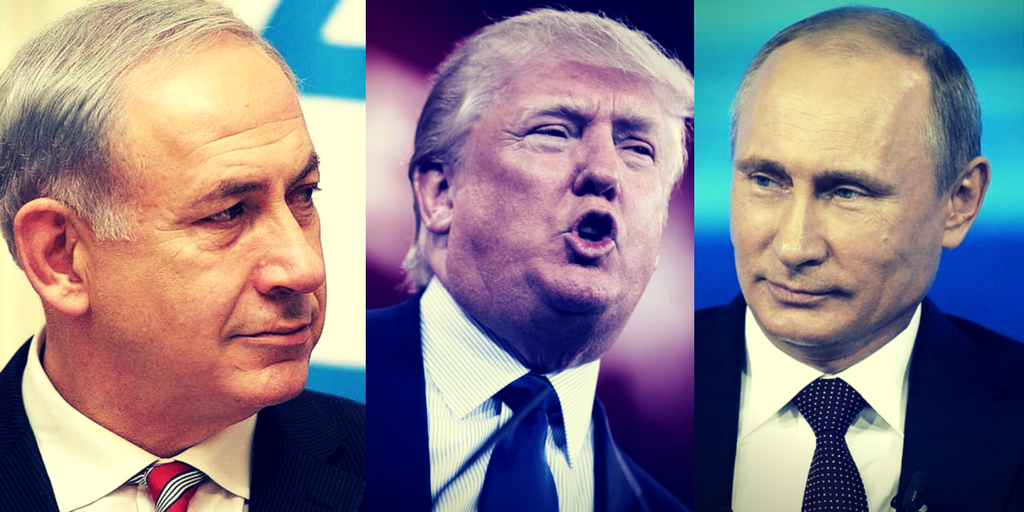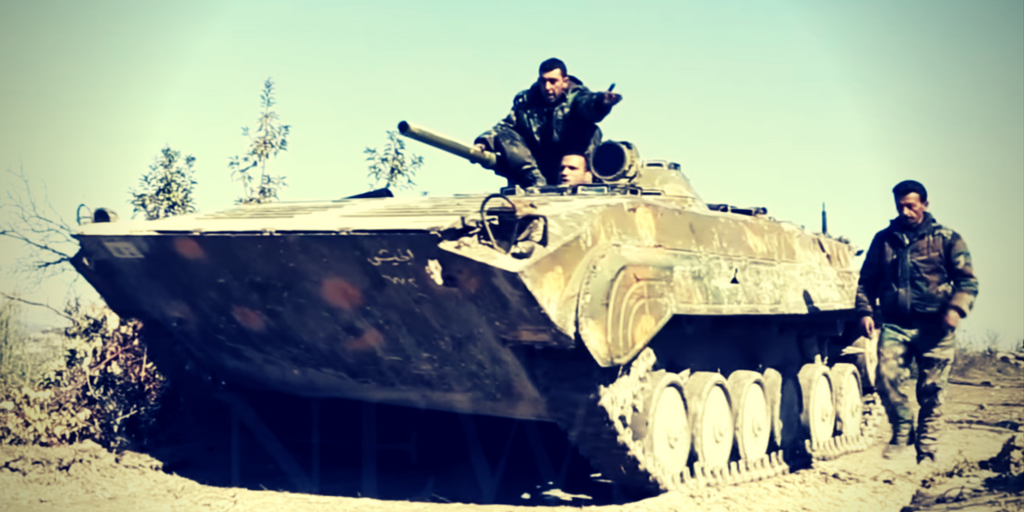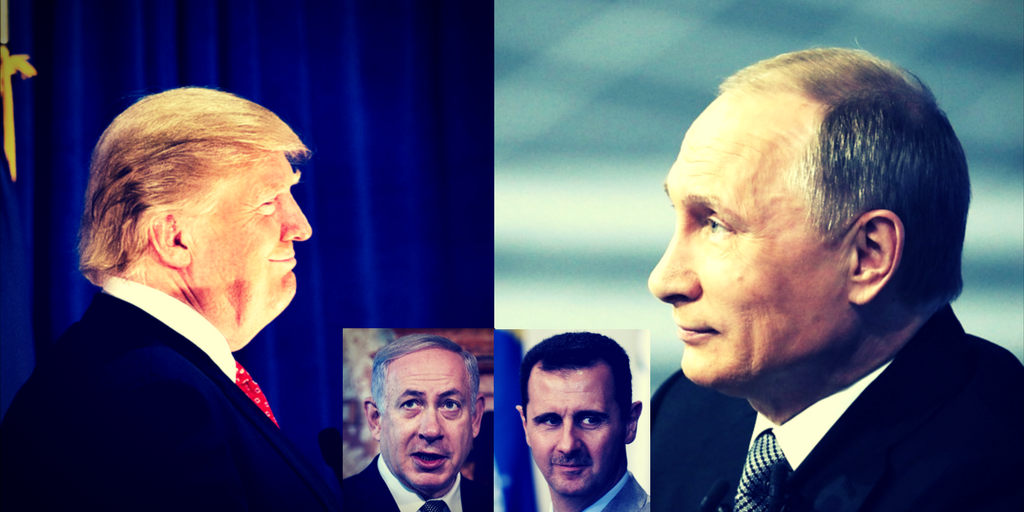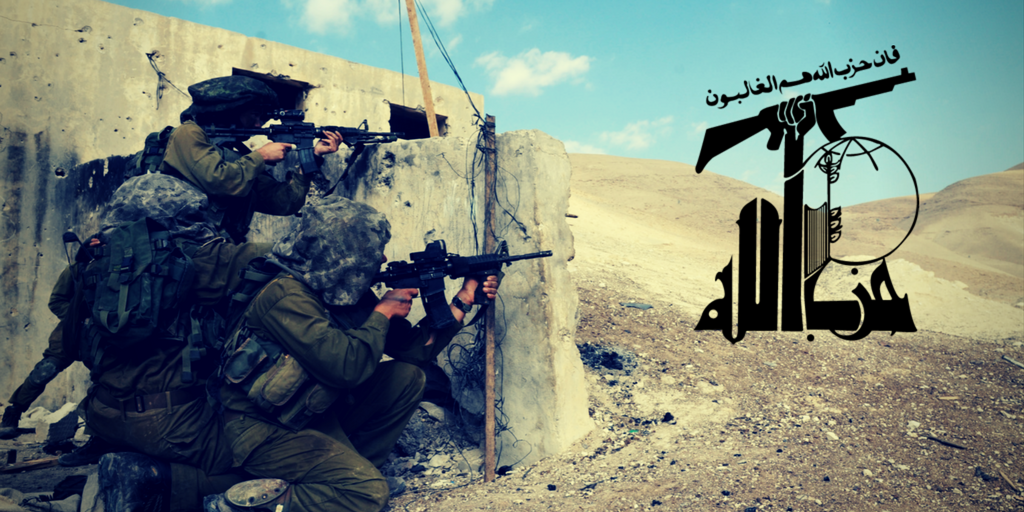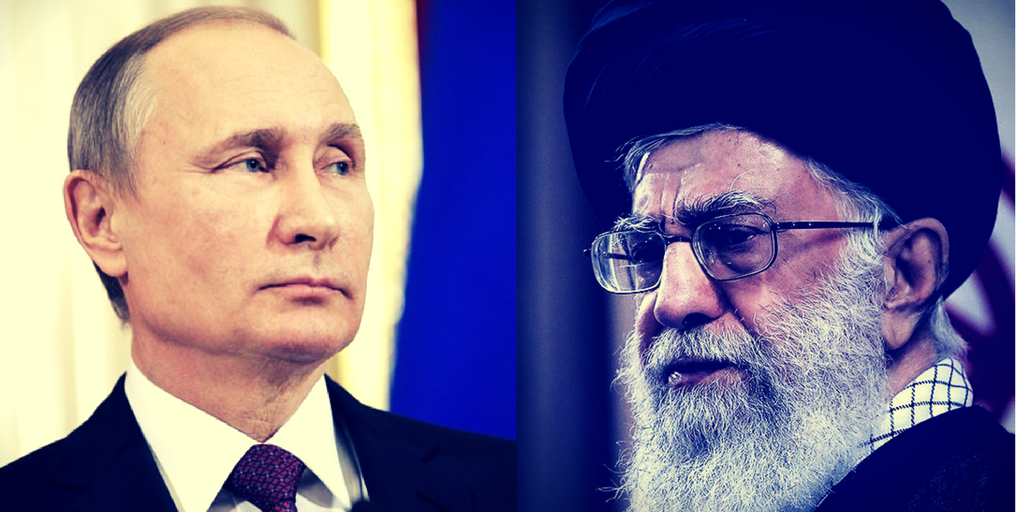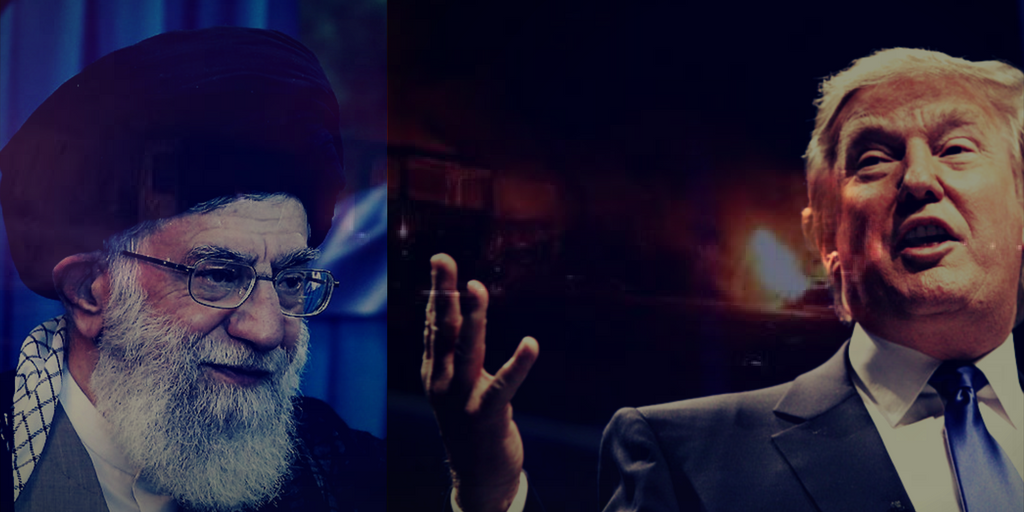Regardless of how hard the Syrian regime controlled media and Russian propagandists spin it, Israel’s attack on an Iranian base just 50km from the Golan Heights is a tactical failure on the part of the Shiite-Russian alliance. The contours of the attack keep on changing, but one thing is clear, Jerusalem is using its ability to penetrate the vaunted S-400 anti-aircraft system to accomplish three very important things.
The first is holding off Iranian advancement towards its border and permanent entrenchment in Syria. The Israel’s airforce (IAF) has been able to accomplish this by using Lebanon as a launch area for its F-35 stealth fighters. For all of the grandiose statements highlighting the impenetrability of the S-400, Israel has punctured its absoluteness when it comes to providing an umbrella of security to Syria.
The attack also sent a message to Russia, that Israel would no longe sit idly by and watch the Iranians utilize the chaos to draw close to Israel. With or without Russian agreement, Israel is prepared to act over and over again.
The last accomplishment is a message to Washington D.C. that Israel does not need America’s help in countering Iran and can do so on its own. This is important for two reasons, the most important is that Israel is prepared to forge and independent foreign policy in the region whether Washington is onboard or not. In conjunction with this Israel prefers working with regional partners such as Saudi Arabia, but its foreign policy visa vi the current civil war and Iranian advancement in Syria does not need to be directly and permanently attached to the Sunni alliances needs a the moment.

